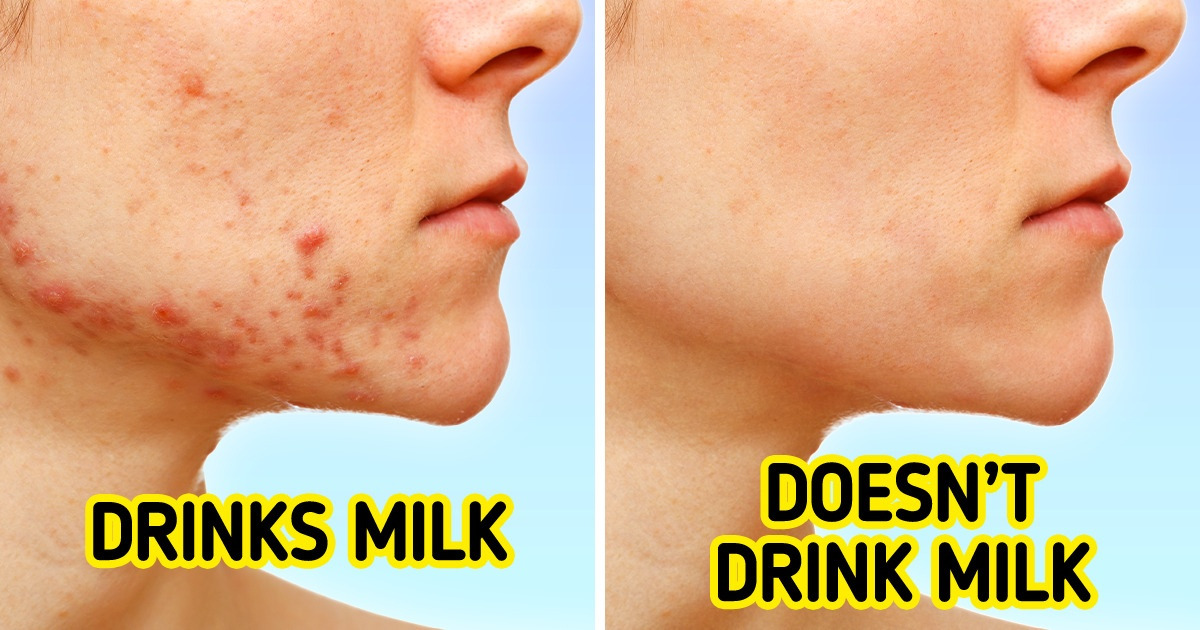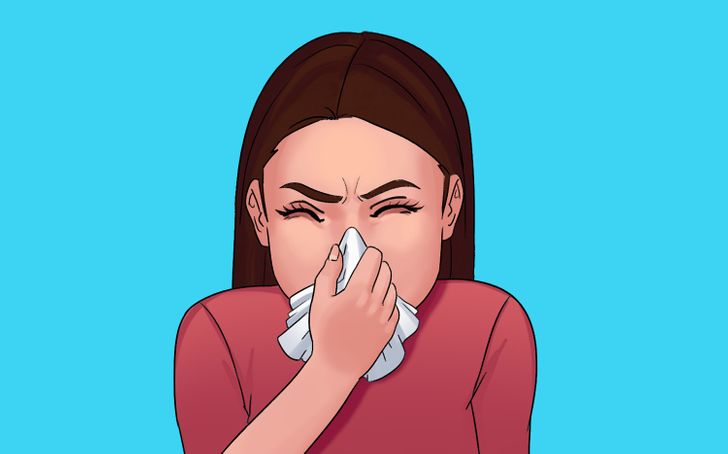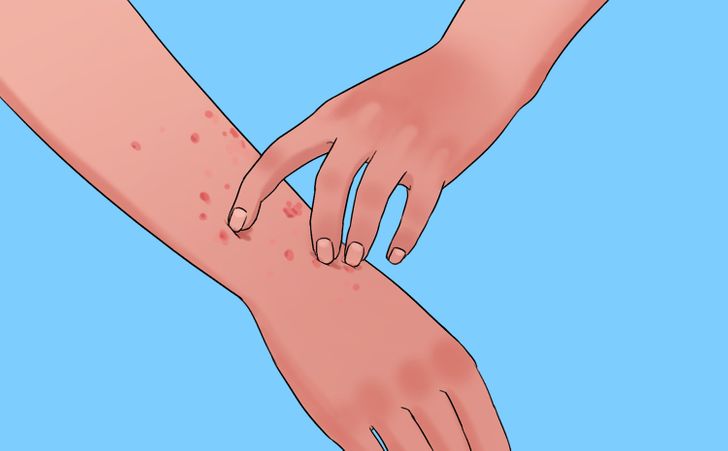10 Jaw-Dropping Moments When People Stumbled Upon Secrets They Weren’t Meant to See


Keep in mind that food intolerance and food allergies are not the same things. Generally, food intolerance symptoms are not life-threatening but can still be quite unpleasant. Sometimes the symptoms of a food intolerance can be so mild that you don’t even think you have an intolerance. But once you figure it out and simply decrease your intake of the offending food, you may never have that discomforting feeling again.
At Bright Side, we’ve prepared a list of the most common types of food intolerances and their typical symptoms.
There are some common signs that may indicate you might be suffering from a food intolerance.
It is important to figure out what types of food are more likely giving you the discomfort which is why we came up with this selection. Let’s take a closer look!
People with lactose intolerance cannot digest lactose, sugar in dairy products.
Common symptoms:
If you think that you might have a lactose intolerance, avoid dairy products including butter and ice cream. But often, people with a lactose intolerance have no problem with some aged cheeses and fermented products like kefir.
If you think that coffee is the only product containing caffeine, try to stop drinking coffee and you’ll realize that’s not really true. Caffeine can also be found in tea, soda, energy drinks, and chocolate. Even green or white teas have some caffeine.
Common symptoms:
If you think that you might have a caffeine intolerance, limit how many cups of tea and coffee you have, or have decaffeinated drinks instead.

Don’t worry if the word “salicylates” sounds like something you saw in the laboratory in your science class — salicylates are actually natural chemicals that plants produce as a defense against insects and diseases. It can be found in a wide range of foods such as fruit, vegetables, tea, coffee, spices, nuts and, honey.
Common symptoms:
Although it is impossible to remove salicylates completely from the diet, avoiding foods high in salicylates like spices, coffee, raisins, and oranges may help to ease the symptoms of a salicylates intolerance.
Another chemical called amines is a substance naturally formed during food storage and fermentation. There are many different kinds of amines and it can be found in citrus fruits, chocolate, smoked fish, cured meats, aged cheeses, vinegar, beer, and wine.
Common symptoms:
If you think that you might have an amines intolerance, try to eliminate food high in the offending type of amine. Taking an antihistamine also might be an option.
FODMAPs are a group of short-chain carbohydrates that are found in many foods and are poorly absorbed by our digestive system. The bacteria break down the FODMAPs and produce gas which causes bloating and discomfort.
Common symptoms:
If you think that you might have a FODMAPs intolerance, try to eliminate food high in these components.

Gluten intolerance is more common than we probably think. The study estimates that gluten intolerance affects anywhere from 0.5 to 13% of the entire population. Gluten is a protein found in wheat, barley, rye, and triticale.
Common symptoms:
If you think that you might have a gluten intolerance, avoid bread, pasta, cereal, beer, crackers, gravies, dressings, and sauces (especially soy sauce).
Fructose is a type of sugar found in fruits, vegetables, and honey. For some people, fructose doesn’t get absorbed efficiently which causes discomfort.
Common symptoms:
If you think that you might have a fructose intolerance, avoid or eliminate soda, honey, fruit juice, corn syrup, and certain fruits such as apples, watermelon, cherries and pears; and certain vegetables like sugar snap peas.
Have you experienced some sort of food intolerance? Tell us your thoughts in the comments below.











